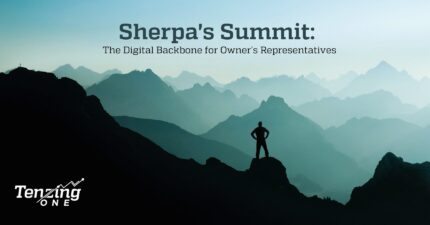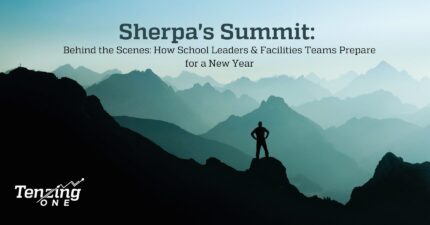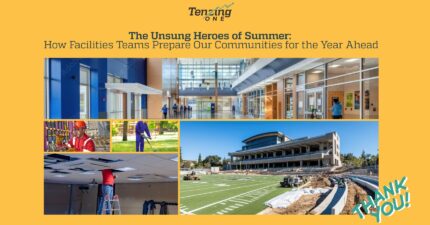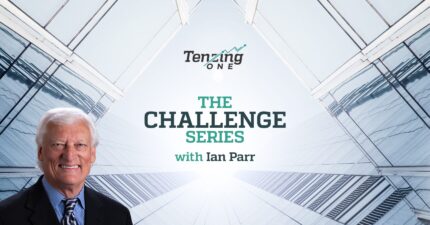Property development is a capital-intensive business where margins are protected—or lost—long before a project is complete. As portfolios grow, success depends less on heroic project management and more on disciplined visibility, repeatable process, and early risk detection.
That’s where KPIs matter.
Tenzing One was built to give property developers clear, reliable performance indicators across their entire development pipeline—not after the fact, but while there is still time to act. Below are the core KPIs developers can expect when using Tenzing One and why they matter.











